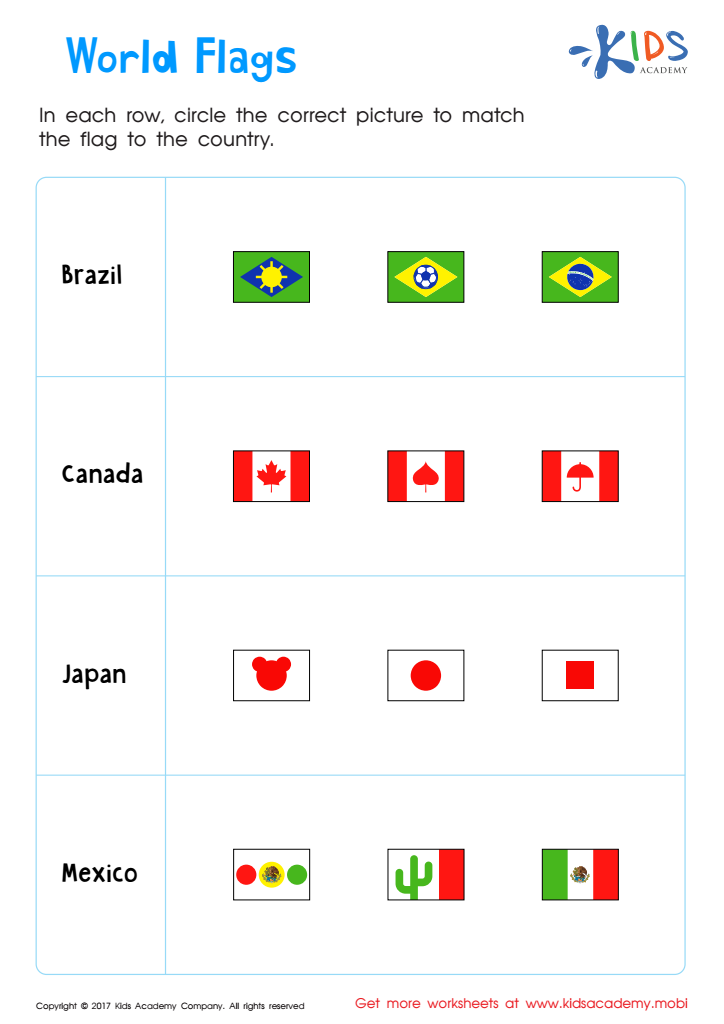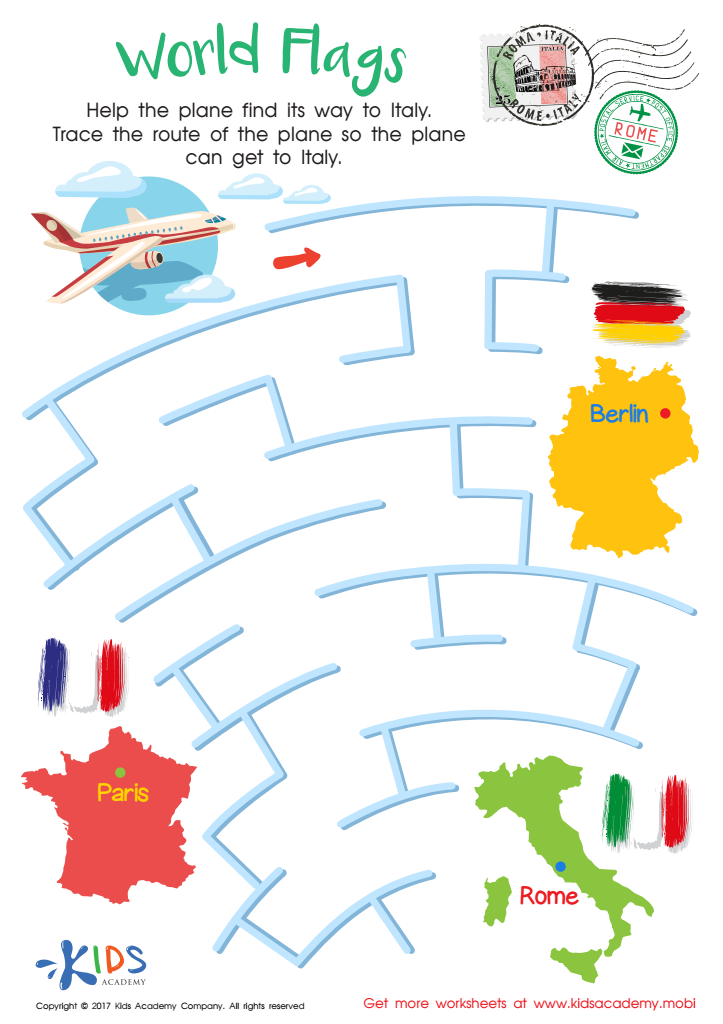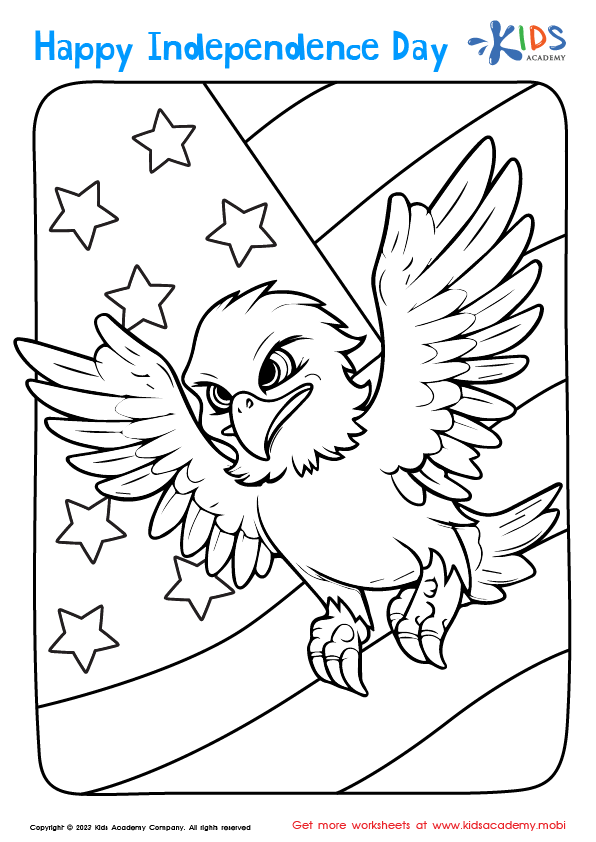Cultural Understanding Worksheets for Kids
3 filtered results
-
From - To


World Flags Printable


World Flags Maze Worksheet
Question/Answer
Why is the Cultural Understanding skill important for Grade 1 students?
The Cultural Understanding skill is important for Grade 1 students because it fosters empathy, respect, and appreciation for diversity at an early age. By learning about different cultures, children develop a broader worldview, better communication skills, and the ability to collaborate with others from diverse backgrounds, laying the foundation for more inclusive and harmonious communities.
How to train the Cultural Understanding skill in Grade 1 students learning about Geography?
To train the Cultural Understanding skill in Grade 1 students learning about Geography, utilize stories, videos, and pictures from various cultures, focusing on daily life, traditions, and celebrations. Incorporate interactive activities like cooking simple international recipes, learning basic phrases in different languages, and exploring cultural artifacts. Encourage empathy and curiosity through role-play and discussions about similarities and differences between cultures.
How to test a Grade 1 student’s Cultural Understanding skills?
To test a Grade 1 student's Cultural Understanding skills, use age-appropriate assessments such as storytelling, role-playing, and picture books that introduce various cultures. Ask them to identify different cultural symbols, practices, or languages from the stories or images and share their own cultural experiences. Observing their interactions during culturally diverse group activities can also provide insights into their cultural understanding.

 Assign to the classroom
Assign to the classroom













